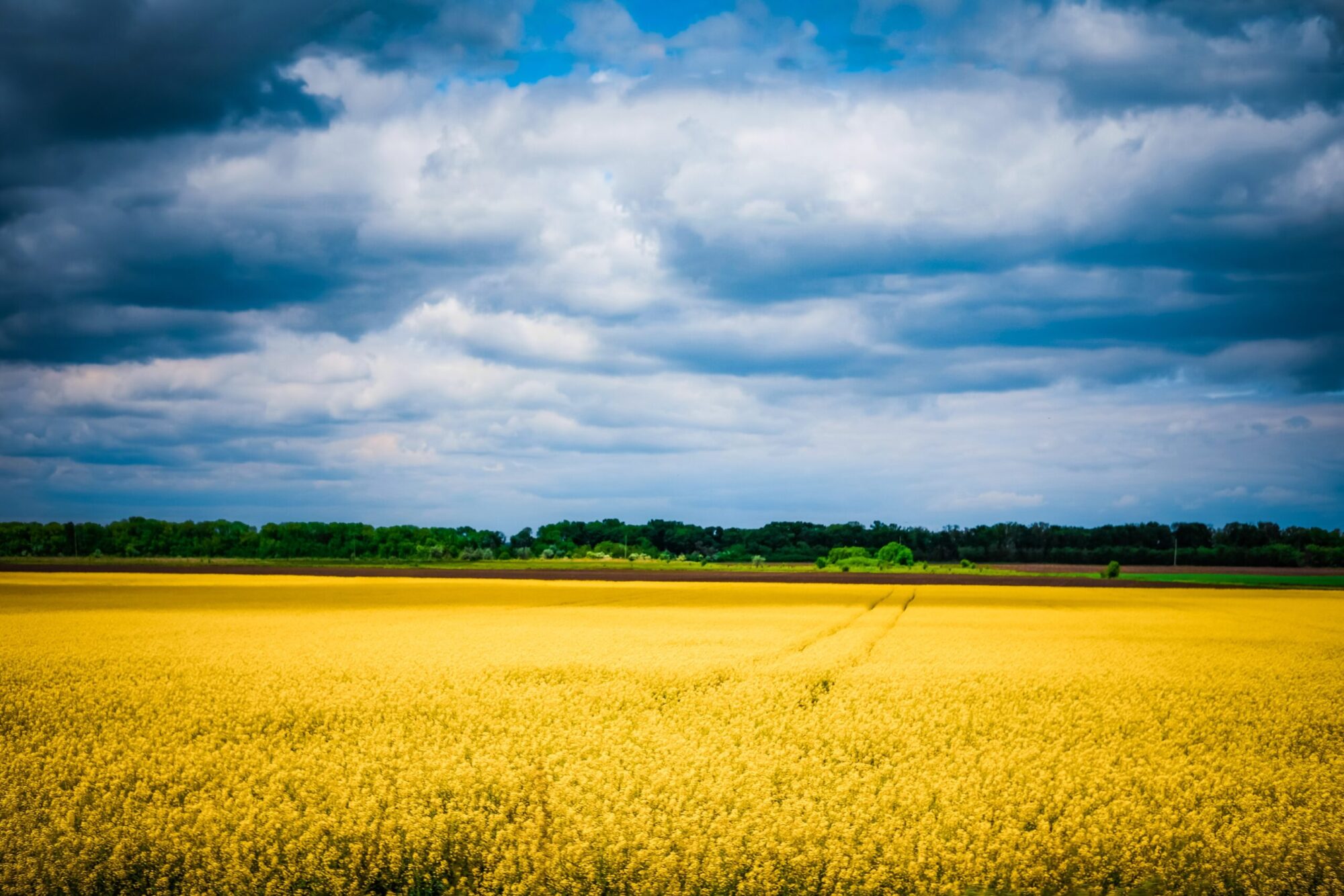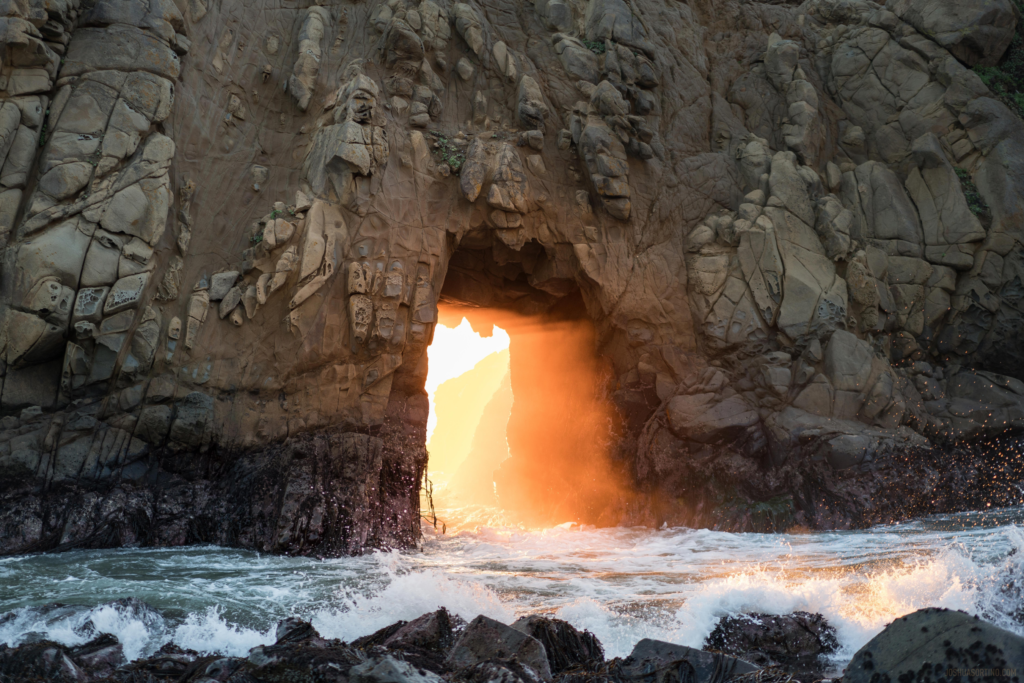
I won’t pretend to speak about grief with any real knowledge, as I have never experienced it on a deeply personal level. However, I find Good Friday the saddest time in the liturgical calendar and, for me, it best approximates a feeling of grief. Like the rest of us, I know how the story ends, it ends joyfully with Jesus’s resurrection on Easter Sunday, yet it is so moving and hard every time.
Harrell writes, “the manger is not the central symbol of our faith. The empty tomb isn’t either. Christians decided early on that the sign of their faith would be a cross.” He goes on to say, “We hang on to our crosses, even at Easter, because it is in the hard places of life where Christ’s presence with us proves most holy.”
Grief and the Passion
I agree, but I think that Christians chose the cross to symbolize them and the faith because the crucifixion is the most selfless aspect of Jesus’s life. It is an incomparable sacrifice, and if you have the courage to engage with the Passion fully, it can bring you to your knees, maybe to the ground completely.
During Catholic masses on Good Friday, priests will lie prostrate before the altar, above which often hangs a cross or a crucifix. Just to watch that act of devotion and humility can bring one to tears. Theirs is a gesture of grateful submission that invokes Jesus’s gracefully submission to God the Father’s will.
This is also why Christians around the world literally walk Jesus’s path, the Stations of the Cross, year after year. They want to remember his pain and suffering, his divine grace, his love and compassion at the most difficult moment of his life, at his death.
To remember Jesus’s beauty in death is also a way of vicariously engaging with our suffering and our mortality. When death calls us, will we respond with bitterness, resentfulness, anger, fear, or depression? Or will Jesus’s steps to his Father remind us that we can bear the momentary weight of the cross because each step ultimately brings us closer to another life, one free of everything that burdens us in this one.
Grief and the Coronavirus Pandemic
The coronavirus pandemic has not fundamentally changed death’s calculus, as it is always and forever a possibility. Really, what has changed is our awareness of the possibility of death or serious illness and our daily lives. As a thought-exercise, imagine if the probability of death were always at a relatively heightened level, as it is now. Imagine that it were even higher, such as during the Bubonic plague.
If this were “the new normal,” would we alter our lives permanently? Constantly hiding in our homes, practicing social distancing, or would we just resign ourselves to a lower life expectancy and a higher likelihood of death, and simply change psychologically or spiritually instead? Would we make peace with death?
If it is the latter, what would the shape of the peace be? Would it take the shape of the cross? Ultimately, the death that awaits us is unlikely to be anywhere near as hard as Jesus’s. And for many people around the world, they might view death as easier than their present lives.
For all of us, Jesus’s life and death is a source of comfort. In our darkest moments, we can find him there, or we can choose to go to him. To kneel in a quiet church, alone, staring up at the cross with his dead, tortured body hanging from it, and in our gratitude and submission, we can escape everything else because, ultimately, nothing else really matters.
I have no standard words of comfort to offer those in fear of death or those in grief, no angels or other well-meaning but essentially hallow allusions. I have only the truth, Jesus’s truth, and I hope that in his divine truth, one can find the shape of peace. It is the shape that Christians everywhere wear with pride, strength and full knowledge that the way, the truth and the life leads one out of this world and into the next.






